 Michigan Tech women’s tennis player Kwang Suthijindawong (Bangkok, Thailand) has earned Capital One Academic All-District First-Team honors from the College Sports Information Directors of America (CoSIDA).
Michigan Tech women’s tennis player Kwang Suthijindawong (Bangkok, Thailand) has earned Capital One Academic All-District First-Team honors from the College Sports Information Directors of America (CoSIDA).
Suthijindawong was selected as one of 13 female Division II student-athletes from the Midwest Region in the at-large category, which includes the sports of bowling, fencing, field hockey, golf, lacrosse, tennis, hockey, rifle, skiing, swimming and tennis.
Tech’s No. 1 singles player, Suthijindawong was named the Huskies’ first GLIAC Women’s Tennis Player of the Year last fall after a 12-0 league singles record. The junior completed her third perfect season in GLIAC singles (36-0). She posted a 17-1 overall record in singles, falling in the championship match of the ITA Midwest Regional singles draw. Suthijindawong and partner Sandra Cvetanovic posted 15 wins in doubles on their way to becoming the ITA Midwest Regional Doubles Champions—the first in school history.
In the classroom, Suthijindawong owns a 3.57 cumulative grade point average in management information systems.
Suthijindawong is eligible for Academic All-America recognition, which will be announced June. 10.
This article was written by Wes Frahm, director of media relations, athletics. It was originally posted in Tech Today on May 15, 2015.
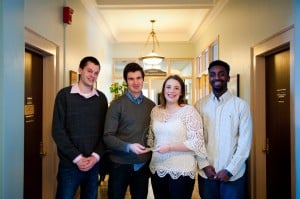
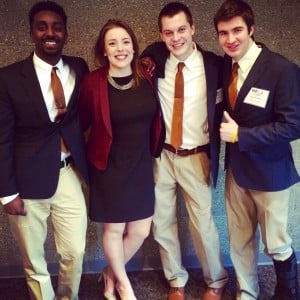
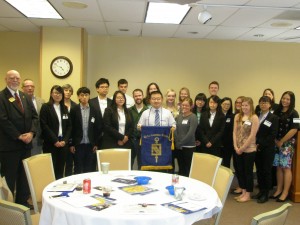
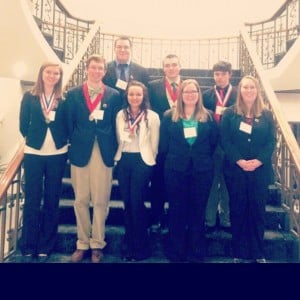
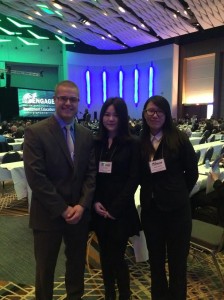 ENGAGE is a two day international investment education symposium. The goal at Engage is to help provide a level of insight into our financial system that students can’t learn from sitting in classrooms. To accomplish this goal Engage brought in some of the top financial professionals in the industry to host Q&A discussions.
ENGAGE is a two day international investment education symposium. The goal at Engage is to help provide a level of insight into our financial system that students can’t learn from sitting in classrooms. To accomplish this goal Engage brought in some of the top financial professionals in the industry to host Q&A discussions.